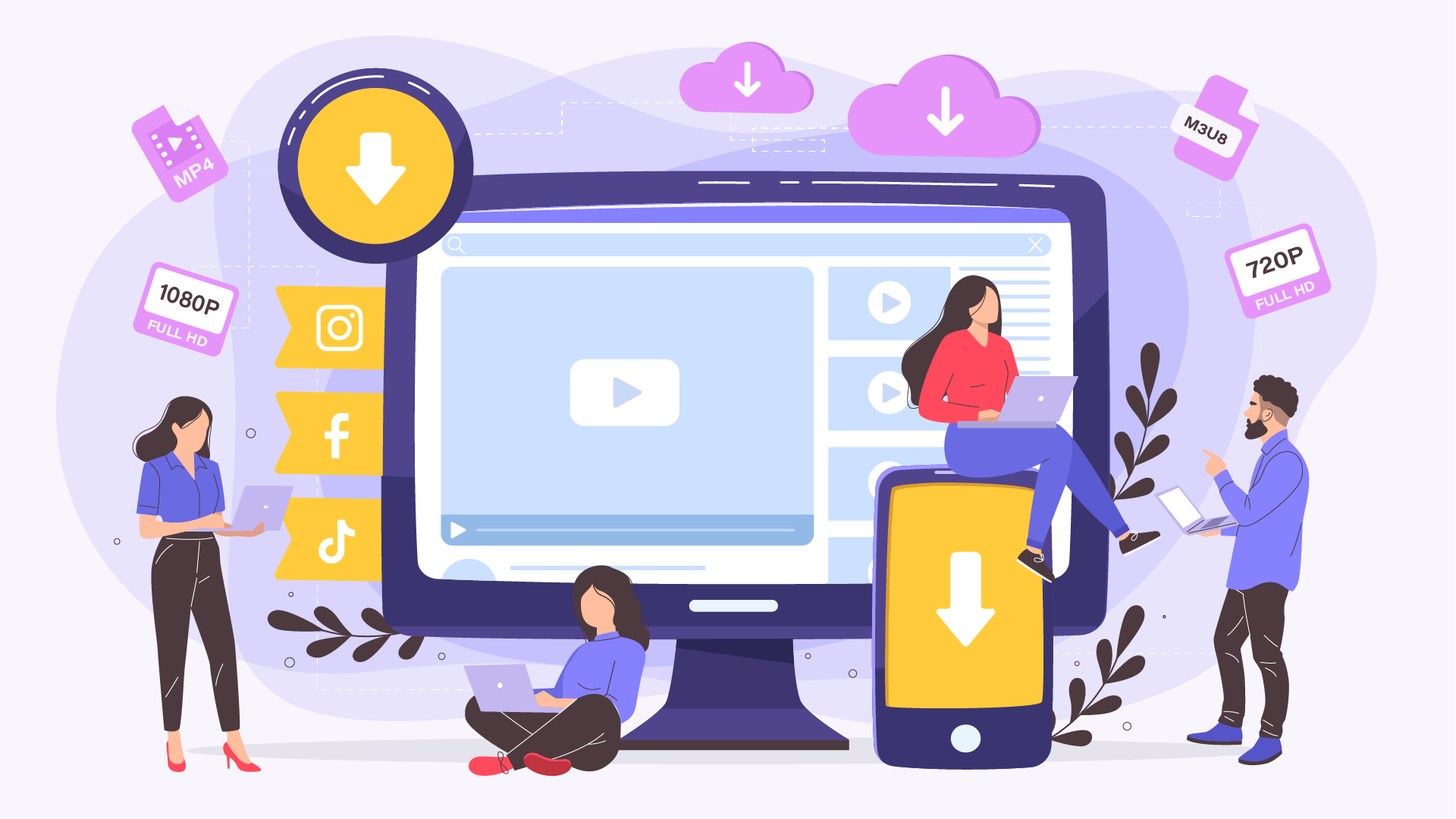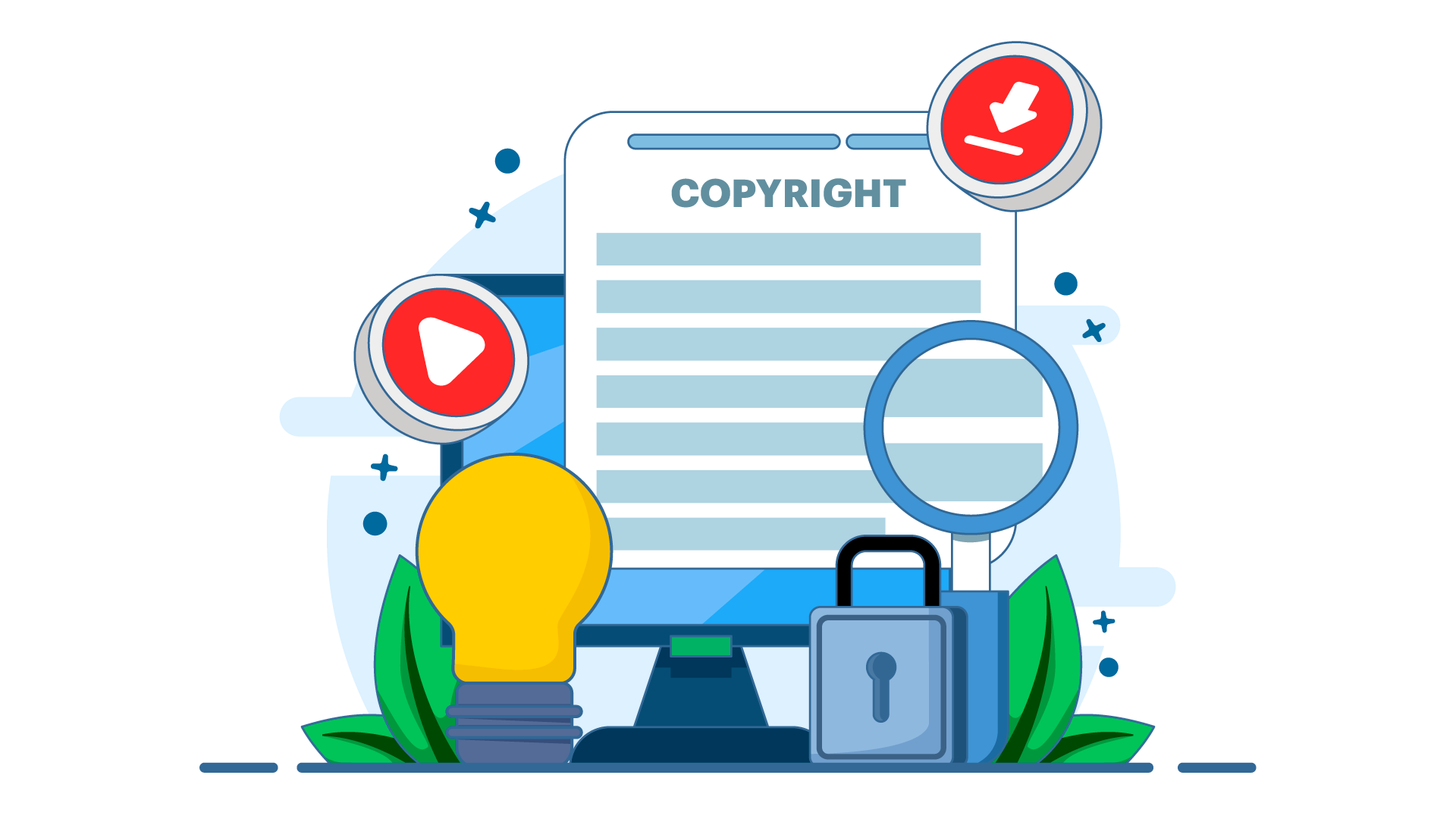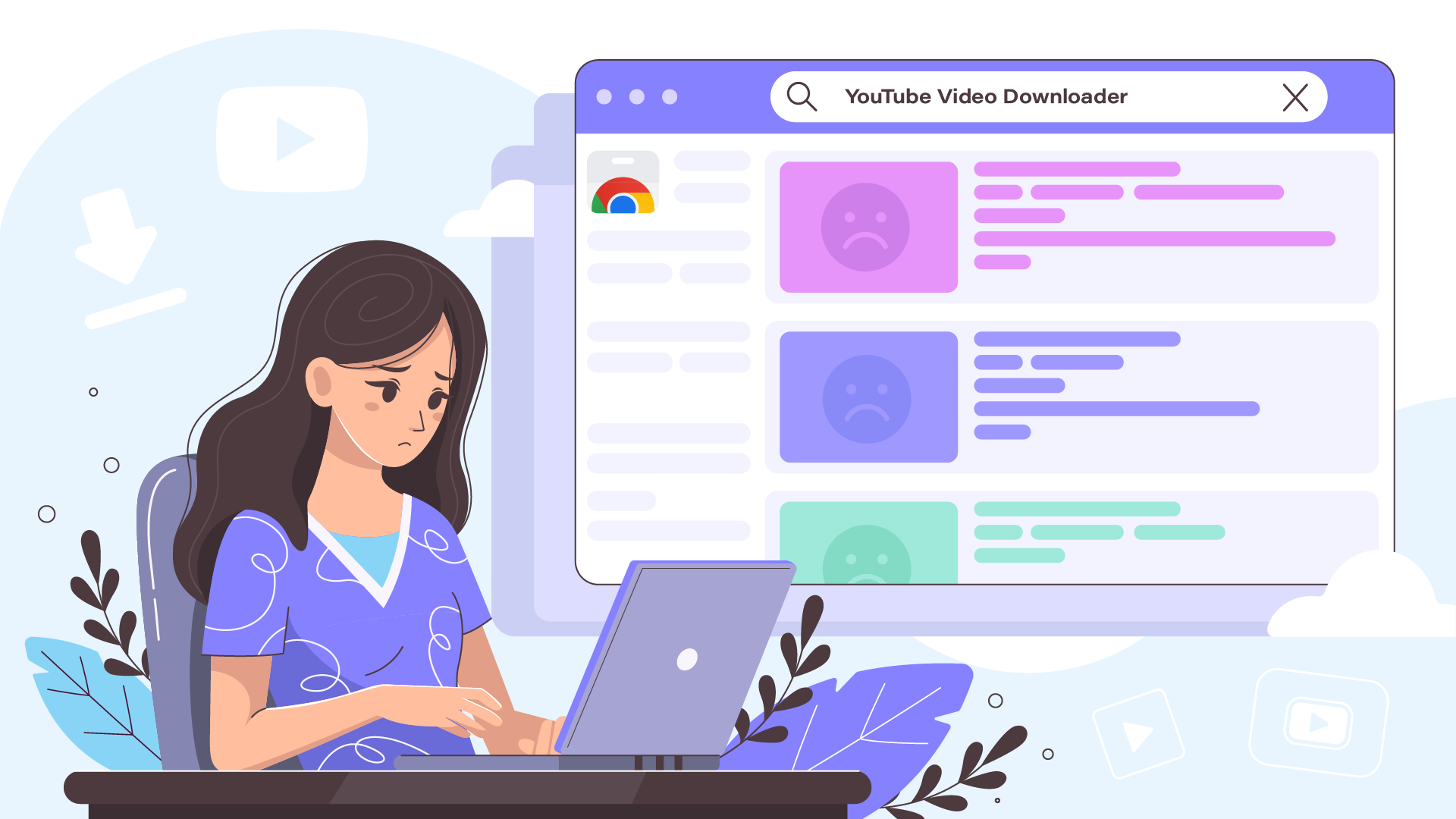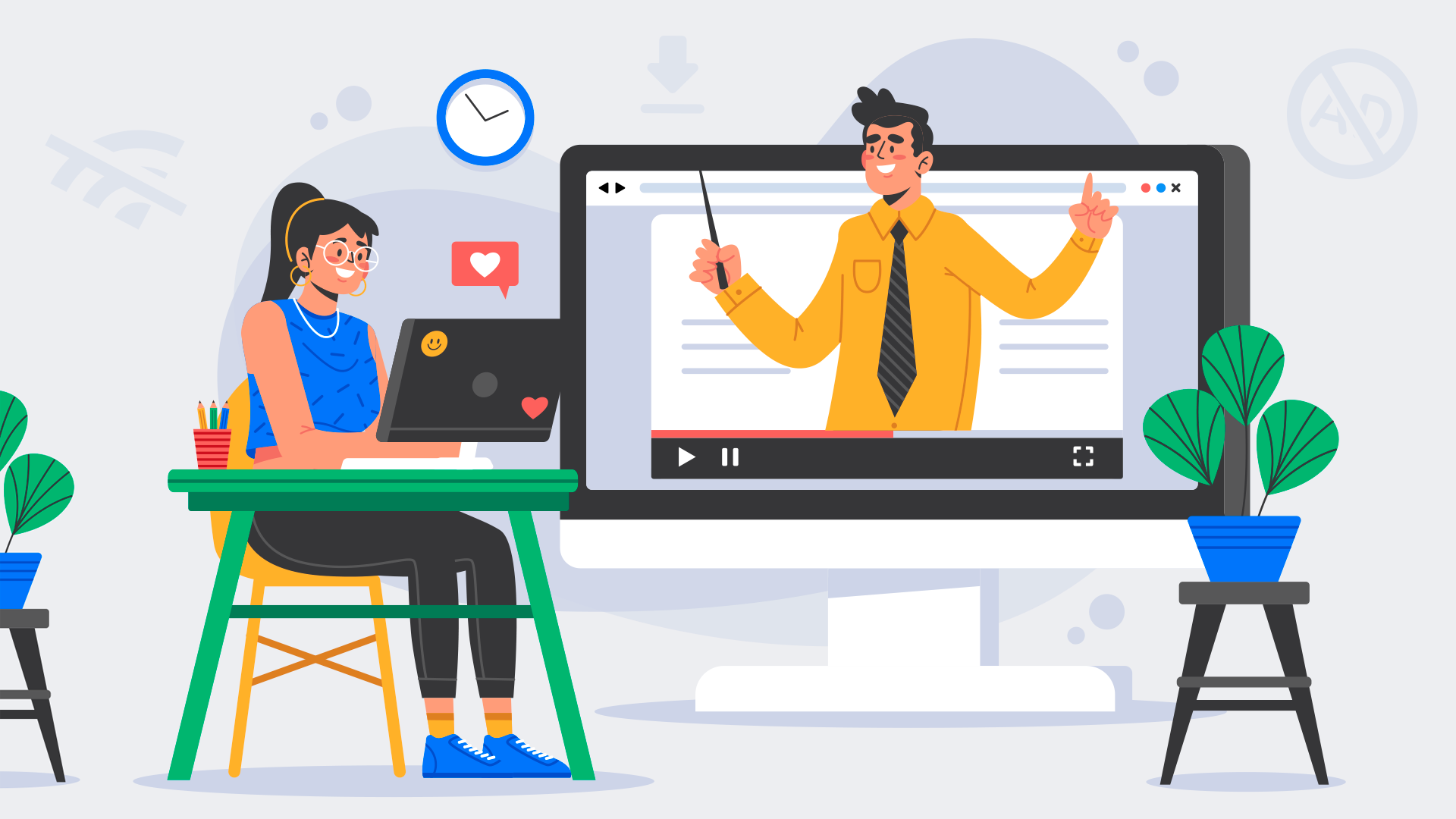When AI Becomes the Artist: The Future of Content Creation and Consumption
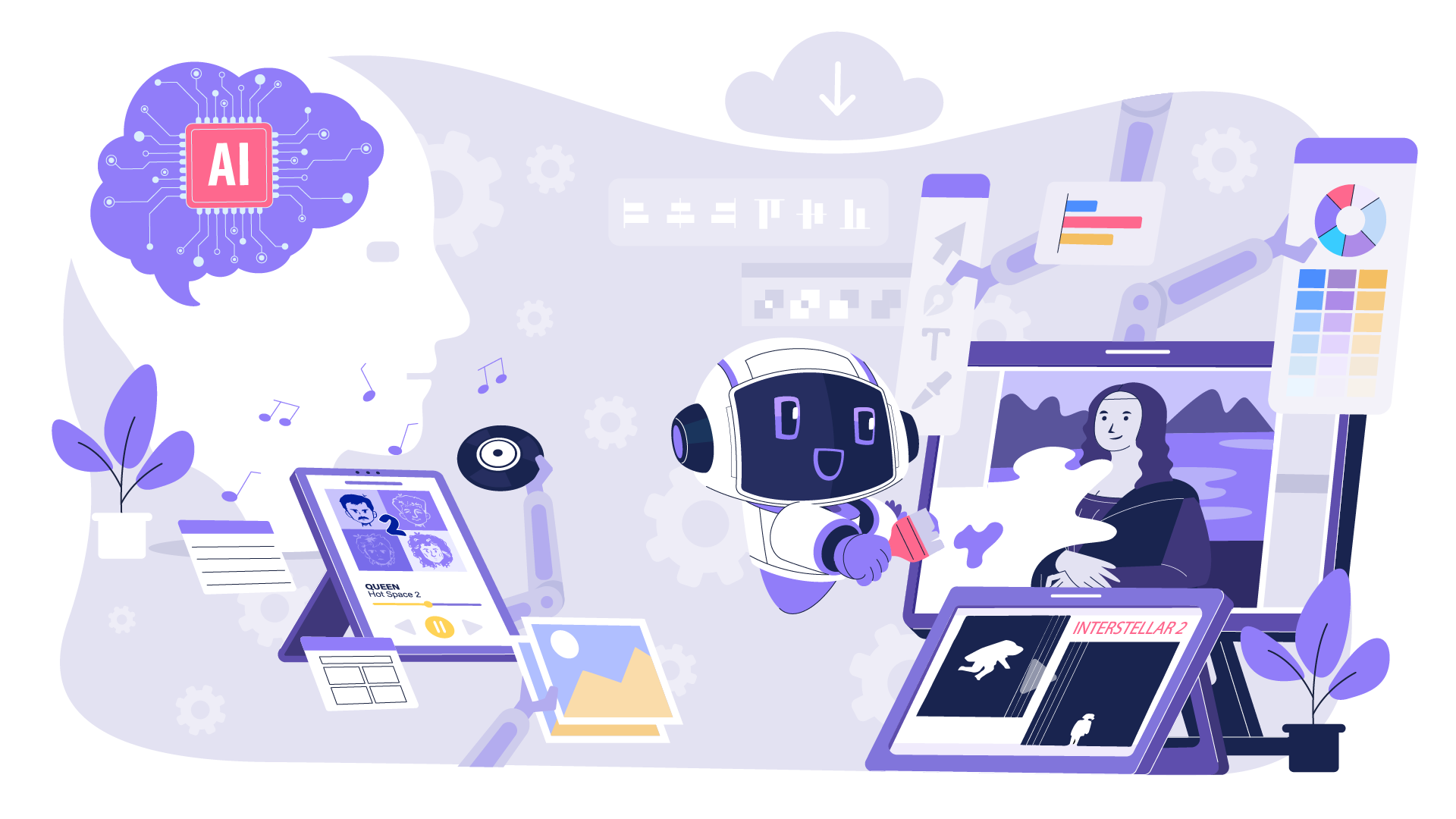
In the 2004 sci-fi film "I, Robot", Will Smith's character cynically asks a robot: “Can a robot write a symphony? Can a robot turn a canvas into a masterpiece?” At the time, it was meant to draw a clear line between human creativity and machine logic. But just two decades later, that question has become far more complex and perhaps even outdated.
Today, AI systems can generate realistic paintings, compose music in the style of Beethoven or Drake, and even produce short films or videos based on text prompts. What was once considered the exclusive domain of human imagination is now being touched, shaped, and even led by artificial intelligence. As tools like generative AI, deep learning, and neural networks continue to evolve, the way we create, consume, and download content is undergoing a transformation unlike anything we've seen before.
AI as a Creative Force: Content on Demand
Imagine asking your AI assistant to “create Season 11 of Friends with modern references and original cast voices,” or “generate a new album by Queen with lyrics about today's world events.” This isn’t science fiction anymore. AI models like Sora for video generation, Suno and Udio for music, and OpenAI's GPT models for scriptwriting can already simulate pieces of this process. In 5 to 10 years, AI could allow anyone, not just studios or record labels, to produce professional-level content on demand.
We could see:
-
Personalized sitcoms or dramas tailored to individual humor or taste.
-
AI-generated biopics using deepfakes (ethically questionable but technically possible).
-
Entire albums created in the style of deceased artists, with lyrics based on current trends or user input.
In this new era, the definition of original content will shift. Will AI-generated art be considered legitimate? Will people value a human-made song more than an AI-generated one if both evoke emotion? These are cultural debates we’ll face sooner than expected.
AI and the Evolution of Video & Music Downloading
As content becomes increasingly AI-generated and personalized, the way we download or access it will also evolve. Traditional downloading may give way to real-time generation or streaming.
Here’s how AI might impact the downloading landscape:
-
Dynamic Content Creation: Instead of downloading a fixed movie or track, users might request content that is instantly generated and tailored for them. For example, a workout playlist generated in real time based on your mood and recent listening habits.
-
Smarter Compression & Format Optimization: AI can significantly optimize file sizes without losing quality, making downloads faster and more efficient, especially for video content.
-
Anti-Piracy & Licensing Automation: AI will likely be used to detect unauthorized downloads, deepfake content, or pirated material by recognizing patterns invisible to the human eye or ear. At the same time, AI could also automate royalty payments, licensing, and content usage permissions.
On the flip side, AI may also enable new ways to bypass traditional restrictions, raising legal and ethical challenges. If AI can replicate a voice or visual style perfectly, what prevents someone from downloading a fake “Taylor Swift” song that sounds authentic?
As AI continues to revolutionize content creation, the very concept of downloading traditional, pre-produced media may shift dramatically. Instead of downloading a fixed movie, song, or video, users might increasingly generate content on demand, personalized, real-time experiences tailored to their preferences and moods. AI could allow anyone to instantly create a song in their favorite genre, a short film with customized characters, or even a fictional season of their favorite TV show. This shift means the future of downloading might not be about storing static files, but rather accessing dynamic, AI-generated media streams. While traditional downloads will likely still exist for archival and offline use, more users may prefer to "co-create" content with AI, turning passive consumption into an interactive, creative process.
The Ethics and Opportunities of AI-Generated Content
With these powerful tools come big questions. Who owns AI-generated content? If you ask AI to create a movie using Marvel characters, is that fan fiction, fair use, or copyright infringement? And what about the creators whose data and style are used to train these models?
These concerns may lead to:
-
New copyright frameworks specifically for AI-created content.
-
A licensing economy where artists “rent” their voice, style, or likeness to AI tools.
-
Transparent AI usage disclosures for all generated content (e.g., “This track was created by AI in the style of The Weeknd”).
Yet despite the complexity, the future offers immense opportunity. AI could democratize creativity, giving millions the tools to express themselves without needing technical skills or large budgets. Imagine a teenager in a remote town creating a blockbuster-style animation using only prompts and an AI assistant.
Conclusion: A New Era of Content Is Coming
We are approaching an inflection point. AI is not just helping humans create, it is beginning to create on its own. From paintings and poems to full albums and cinematic experiences, the question is no longer whether AI can create. The question is how we, as consumers and creators, choose to navigate, regulate, and appreciate this new form of expression.
In the world of tomorrow, downloading content might be less about storing static files and more about tapping into real-time creativity. Your favorite artist might not be human, and your favorite movie might never have been a film set.
So, when Will Smith asked if a robot could write a symphony… maybe he just needed to wait a couple of decades.


